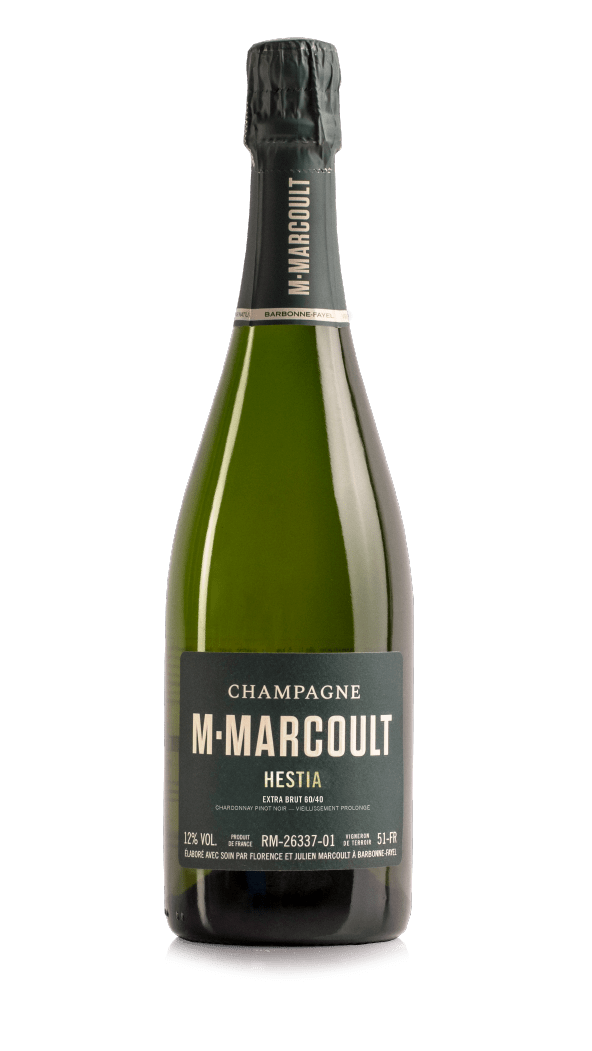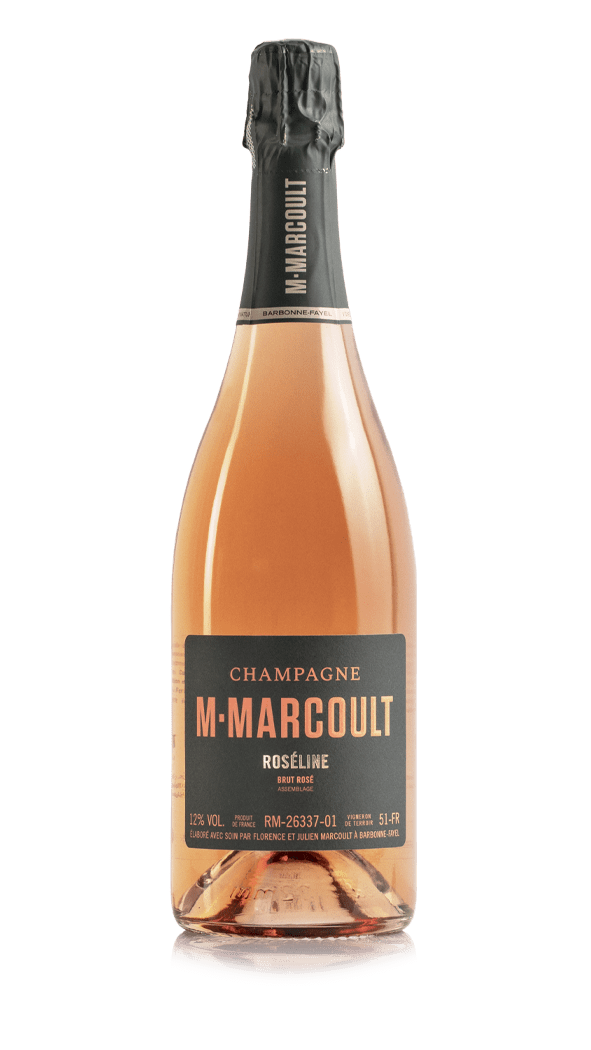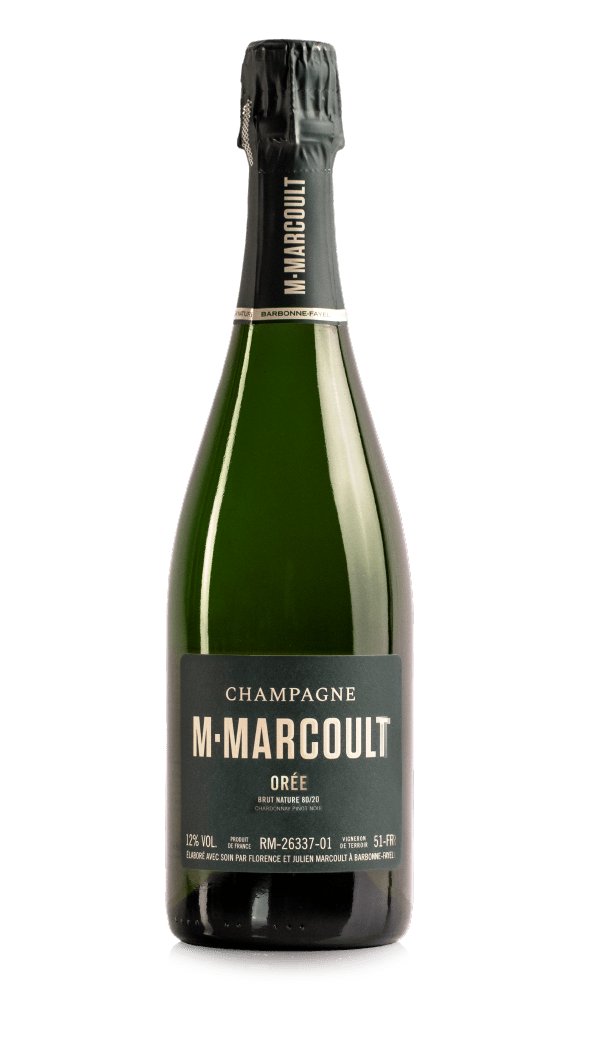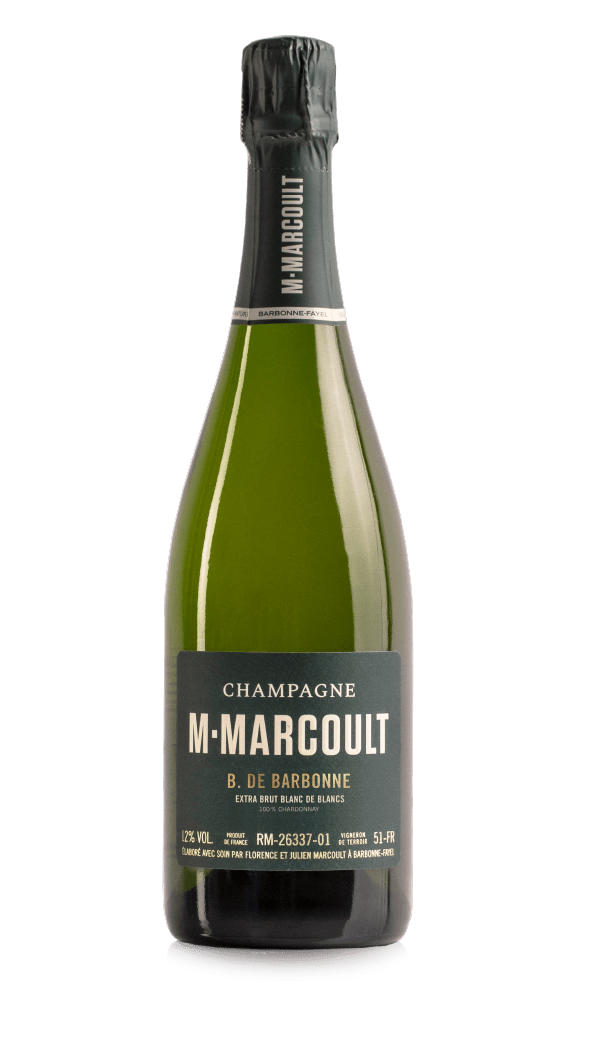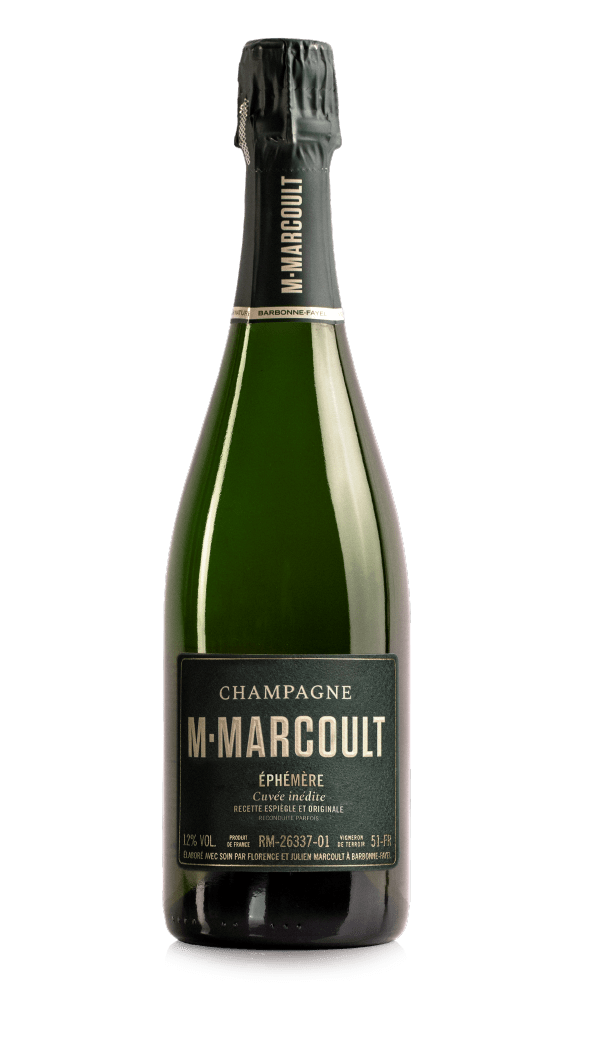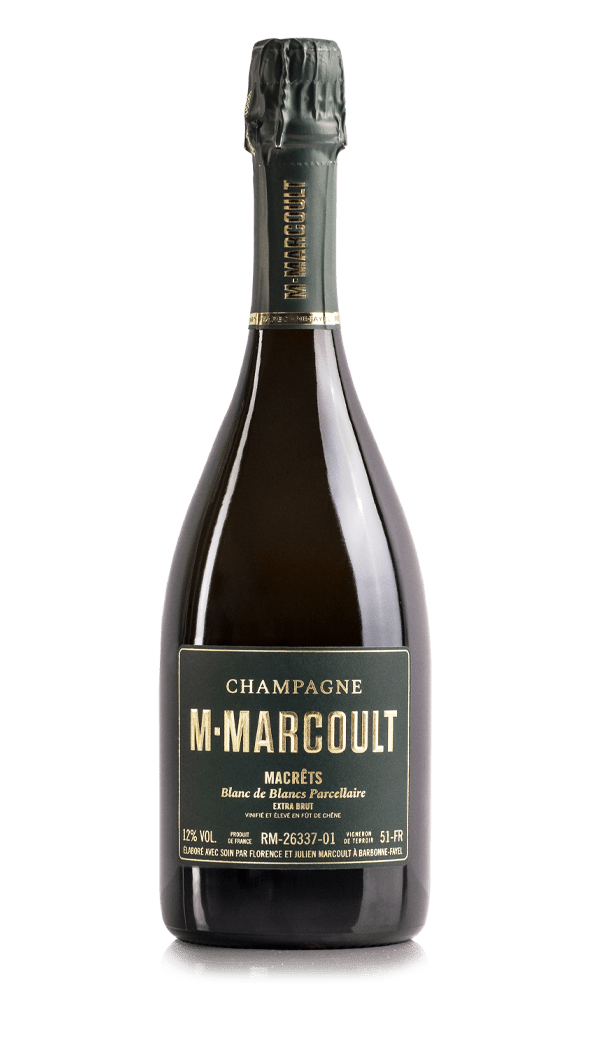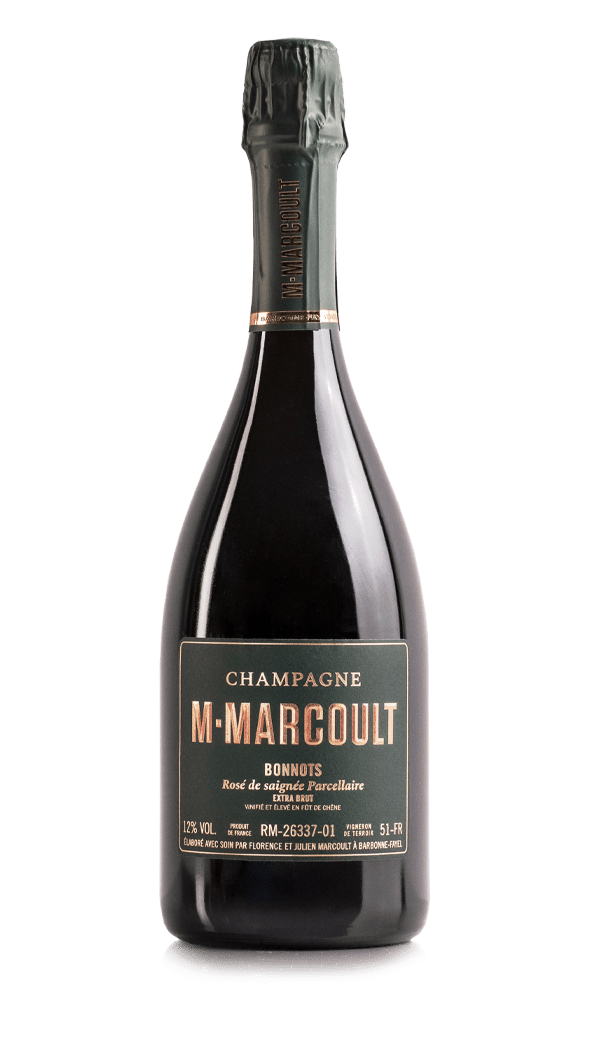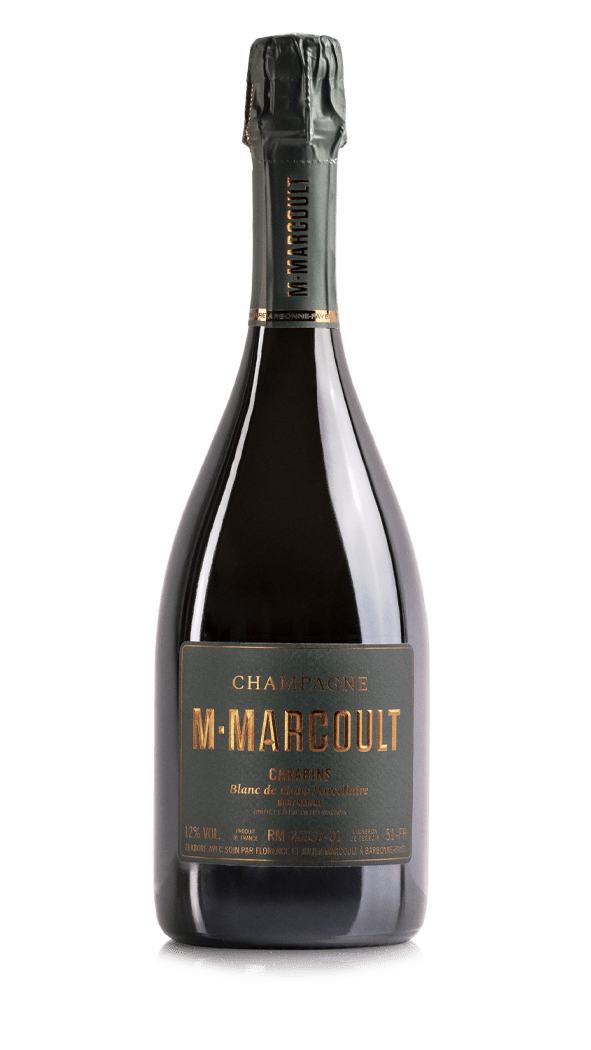Nos champagnes
Gamme
Les historiques
Accessibles et faciles à consommer, ces cuvées sont l’ADN de notre savoir-faire à retrouver au fil des ans
Gamme
Les éphémères
Pour les amateurs, des cuvées vinifiées et vieillies autrement, à découvrir en édition(s) limitée(s)
Gamme
Les parcellaires
Une cuvée issue d’une parcelle, d’une vinification et d’un vieillissement sur-mesure, notre fleuron
Gamme
Les historiques
Accessibles et faciles à
consommer, ces cuvées sont
l’ADN de notre savoir-faire
à retrouver au fil des ans
Gamme
Les éphémères
Pour les amateurs, des
cuvées vinifiées et vieillies
autrement, à découvrir en
édition(s) limitée(s)
Gamme
Les parcellaires
Une cuvée issue d’une
parcelle, d’une vinification
et d’un vieillissement
sur-mesure, notre fleuron
Terroir
Le Sézannais
Des galets de silex, de la craie, notre terroir, notre force
Au Sud de la fameuse Côte des Blancs, un terroir unique : les coteaux du Sézannais. Sa typicité se retrouve dans la complexité aromatique de nos cuvées. Des vins d’une grande finesse marquée par la minéralité – due aux sols crayeux pour le Chardonnay – et la puissance et la vinosité – due à la présence de galets de silex pour le Pinot noir qui s’enracine dans les sols caillouteux. Ces galets se retrouvent en abondance dans les sols des vignes les plus hautes en altitude. Les paysages et le terroir de Barbonne-Fayel sont structurés par son histoire géologique locale, entre l’ère secondaire et la période tertiaire plus récente.
Savoir-faire
Vinification traditionnelle
Contenants traditionnels - vinification dans du chêne et de l'acacia
Le chai de Julien est constitué d’un Demi-Muid en bi-matières Bois/Verre, d’une cuve Inox et bois, de plusieurs barriques et d’un majestueux Foudre en chêne de 5 000 litres. Nos cuvées sont vinifiées et élevées entièrement sous-bois. Cette matière noble entraîne une micro-oxygénation qui donne toute leur complexité et leur patine à nos cuvées. L’acacia a la faculté de tendre un peu plus le vin sur des notes florales, qui vont alléger le Pinot noir tout en gardant le côté puissant et miellé qu’apporte le bois à l’élevage.
Savoir-faire
Vinification originale
Observatoire sphérique de la vinification
Les Wineglobes de 220 litres et les Dames-Jeanne de 50 litres, c’est le domaine de Florence. Elles lui permettent une vinification féminine, à l’œil et au nez comme elle cuisine, grâce à la transparence de ces contenants. Le matériau noble qu’est le verre permet une vinification nature précise. Le verre révèle l’expression pure et fraîche du raisin. La forme sphérique favorise les flux circulaires apportant gras et rondeur au vin. De plus, ces « wineglobes » permettent une hygiène irréprochable sans résidus de nettoyage et sont produits en France, en Gironde.
Des galets de silex, de la craie, notre terroir, notre force
Au Sud de la fameuse Côte des Blancs, un terroir unique : les coteaux du Sézannais. Sa typicité se retrouve dans la complexité aromatique de nos cuvées. Des vins d’une grande finesse marquée par la minéralité – due aux sols crayeux pour le Chardonnay – et la puissance et la vinosité – due à la présence de galets de silex pour le Pinot noir qui s’enracine dans les sols caillouteux. Ces galets se retrouvent en abondance dans les sols des vignes les plus hautes en altitude. Les paysages et le terroir de Barbonne-Fayel sont structurés par son histoire géologique locale, entre l’ère secondaire et la période tertiaire plus récente.
Terroir
LE SÉZANNAIS
Contenants traditionnels - vinification dans du chêne et de l'acacia
Le chai de Julien est constitué d’un Demi-Muid en bi-matières Bois/Verre, d’une cuve Inox et bois, de plusieurs barriques et d’un majestueux Foudre en chêne de 5 000 litres. Nos cuvées sont vinifiées et élevées entièrement sous-bois. Cette matière noble entraîne une micro-oxygénation qui donne toute leur complexité et leur patine à nos cuvées. L’acacia a la faculté de tendre un peu plus le vin sur des notes florales, qui vont alléger le Pinot noir tout en gardant le côté puissant et miellé qu’apporte le bois à l’élevage.
Observatoire sphérique de la vinification
Les Wineglobes de 220 litres et les Dames-Jeanne de 50 litres, c’est le domaine de Florence. Elles lui permettent une vinification féminine, à l’œil et au nez comme elle cuisine, grâce à la transparence de ces contenants. Le matériau noble qu’est le verre permet une vinification nature précise. Le verre révèle l’expression pure et fraîche du raisin. La forme sphérique favorise les flux circulaires apportant gras et rondeur au vin. De plus, ces « wineglobes » permettent une hygiène irréprochable sans résidus de nettoyage et sont produits en France, en Gironde.
